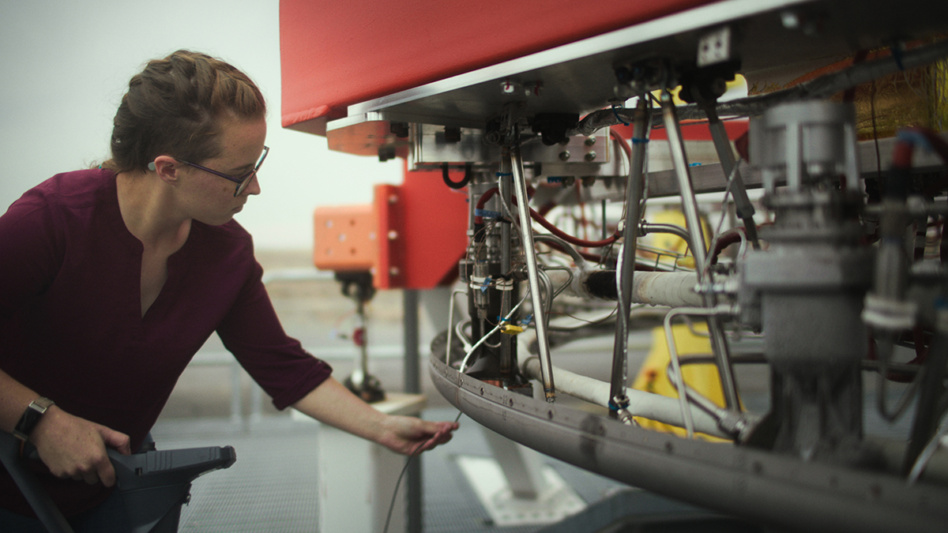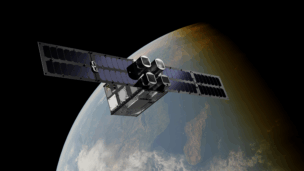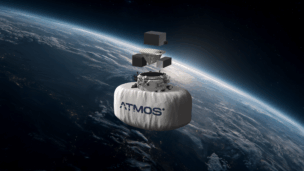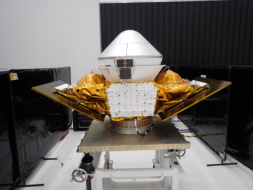Launch company Stoke Space is getting into the software business.
This week, the Washington-based startup, whose primary mission is building fully reusable rockets, debuted Fusion, a software platform to track physical hardware from “lightbulb to liftoff,” according to its website.
Stoke Space developed Fusion to fill an internal need after “a history of pain all of us have felt in the industry,” Andy Lapsa, a co-founder of Stoke Space, told Payload. It’s been under development for about two years, but Stoke began using it full-time in November. This week, the company also announced it would sell Fusion to customers, and Brent Bradbury, the head of software at Stoke Space, said the initial interest has been “overwhelming.”
Use case: Fusion is designed to help companies keep track of parts and their histories amid the quick iteration characteristic of many startups or others doing R&D. “It allows you to do complex things when you don’t know what you’re doing,” Bradbury said.
The software will track parts over their entire lifetime. For example, if a spacecraft or engine has some kind of anomaly, Fusion will allow employees to quickly determine who made a problematic part, what material it is made out of, as well as find out what other parts might be made of the same material or face similar problems, Bradbury said.
Going external: Selling Fusion to customers will help other companies in the industry, where tracking parts is a widespread source of frustration, Lapsa said. But taking the product to market will also ensure it continues working well for Stoke Space and other users.
“If you want your tool to be good in the long run, not just the next two to three years, you need it to have continuous investment. The pattern that you see in a lot of enterprise tools that stay internal is that you put something together and it’s pretty good initially, but then it goes stale,” Lapsa said. “Every investment dollar is going to either building rockets or building software. That’s a decision companies have to make and it usually goes to building the rocket…So by going outside, we think that in the long run, it’s actually going to make a better tool for us in a way that is self-sufficient.”




